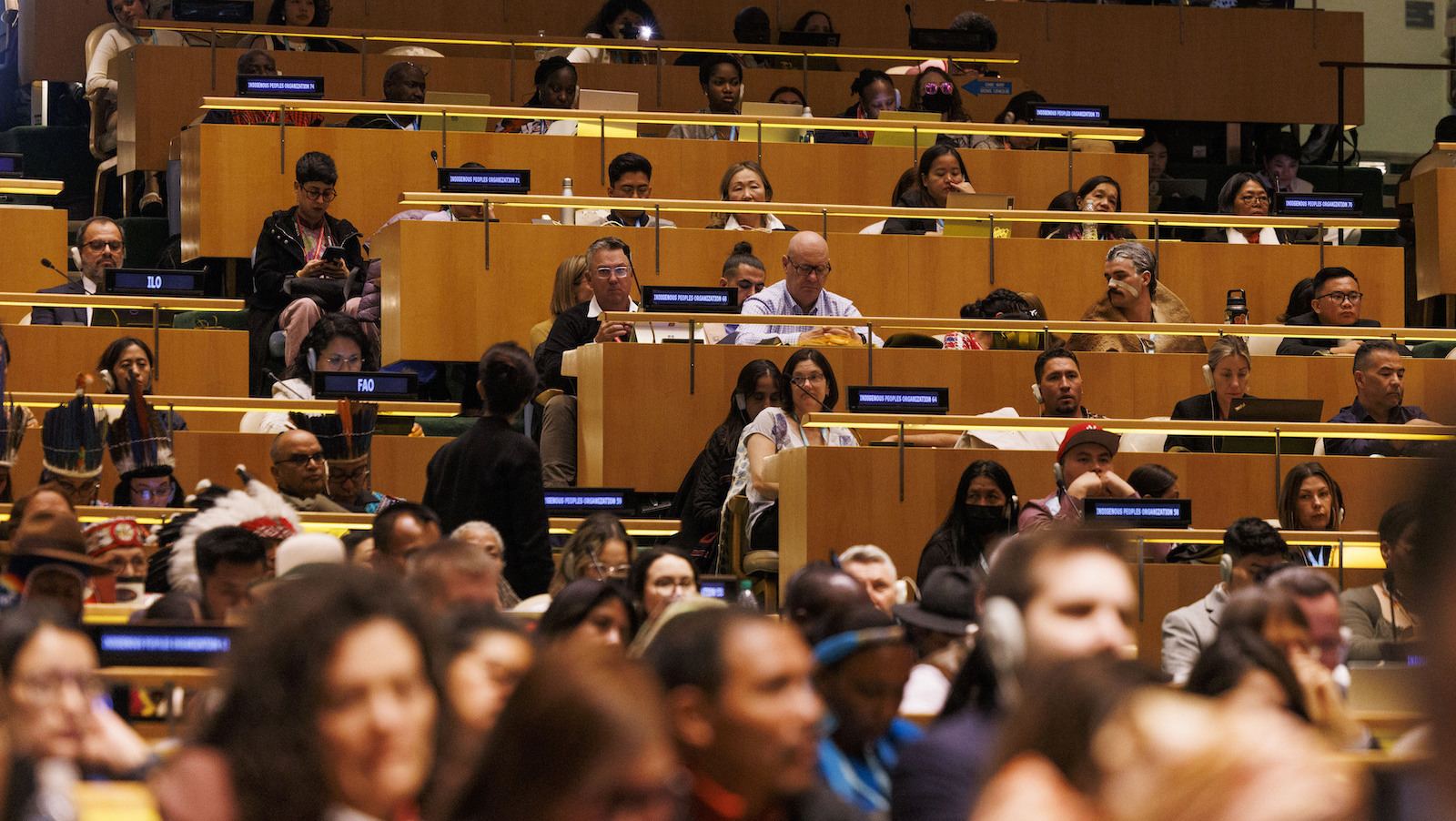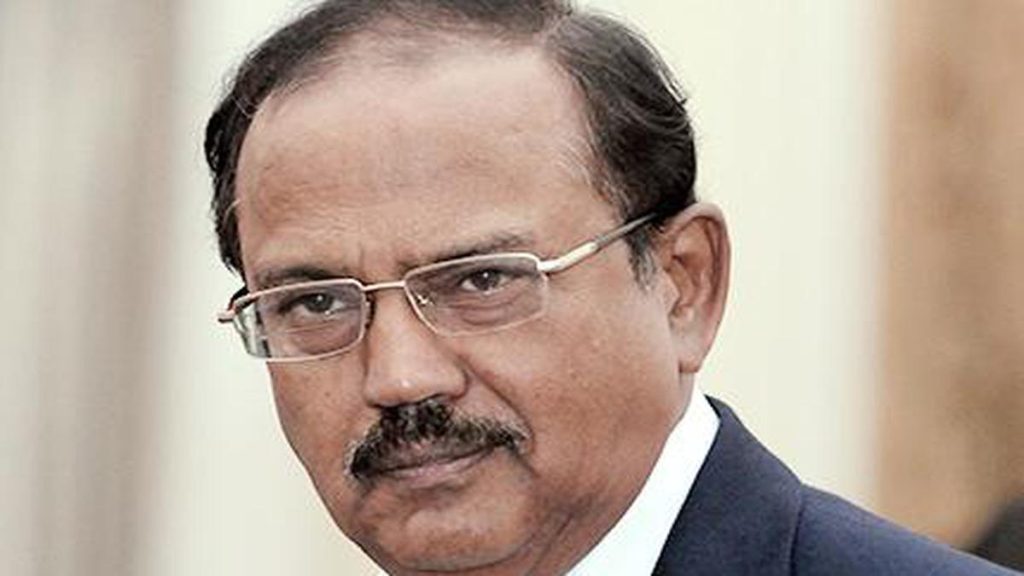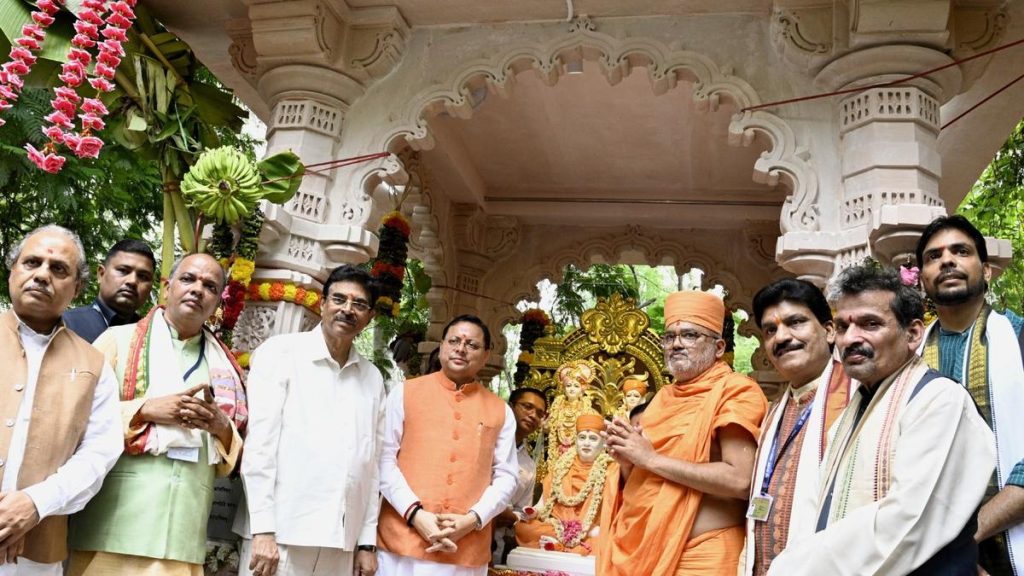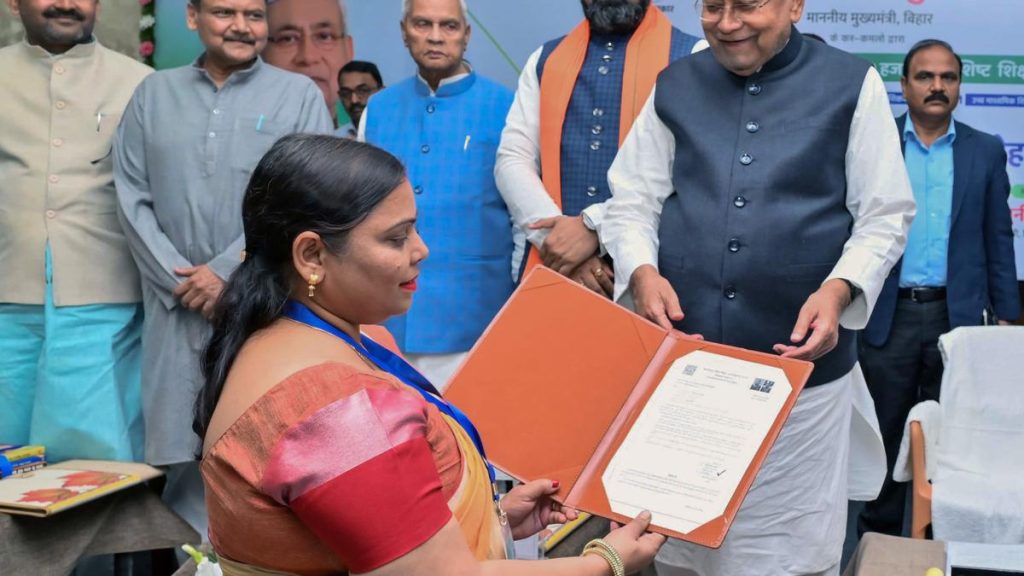Now Reading: Indigenous Leaders at UN Highlight Concerns on Isolated Tribes
-
01
Indigenous Leaders at UN Highlight Concerns on Isolated Tribes
Indigenous Leaders at UN Highlight Concerns on Isolated Tribes

Speedy Summary
- Indigenous leaders from South America raised alarm at the UN permanent Forum on Indigenous Issues about threats faced by isolated Indigenous peoples (PIACI).
- Threats include deforestation, illegal mining and logging, natural resource exploitation, drug trafficking, and violence.
- Isolated groups lack immunity to common illnesses and face displacement due to encroachment on thier lands.
- Legal recognition of these isolated communities is uneven across South American countries; only 60 out of 188 recorded communities are officially recognized by states.
- Proposals discussed include land demarcation for these peoples, public policies for safeguarding rights, territorial corridors initiatives, and better governance in neighboring Indigenous territories.
- Examples:
– Colombia recently created a 2.7-million-acre territory to protect the yuri-Passé peoples in the Amazon region.
– Peru’s government postponed discussions about creating Yavarí Mirim reserve boundaries (2.5 million acres) indefinitely despite petitions spanning over two decades.
- delegates emphasized that strengthening governance for neighboring territories could indirectly bolster protections for isolated communities.
indian Opinion analysis
The issues raised at the UN highlight a critical intersection between human rights protection and environmental conservation. The plight of PIACI underscores the devastating impacts of unchecked industrial activity like illegal mining and deforestation within ecologically sensitive regions such as the Amazon. While progress has been made in jurisdictions like Colombia-creating dedicated protected territories-the delay in Peru’s decision-making reveals systemic challenges among governments balancing economic interests against ancestral land claims.
India can draw lessons from such international forums while managing conflicts between tribal rights and progress projects domestically. India’s own commitment to preserving indigenous populations’ cultural heritage while ensuring ecological sustainability mirrors similar dilemmas faced globally-especially concerning resource exploitation pressures versus conservation priorities.
More coordination between India’s policy makers could be beneficial based on methods implemented by other nations now attempting cross-border collaborations or community-involved surveillance systems showcased here as proposals above-ensuring respectful integration with regional development plans without marginalizing vulnerable demographics.
























